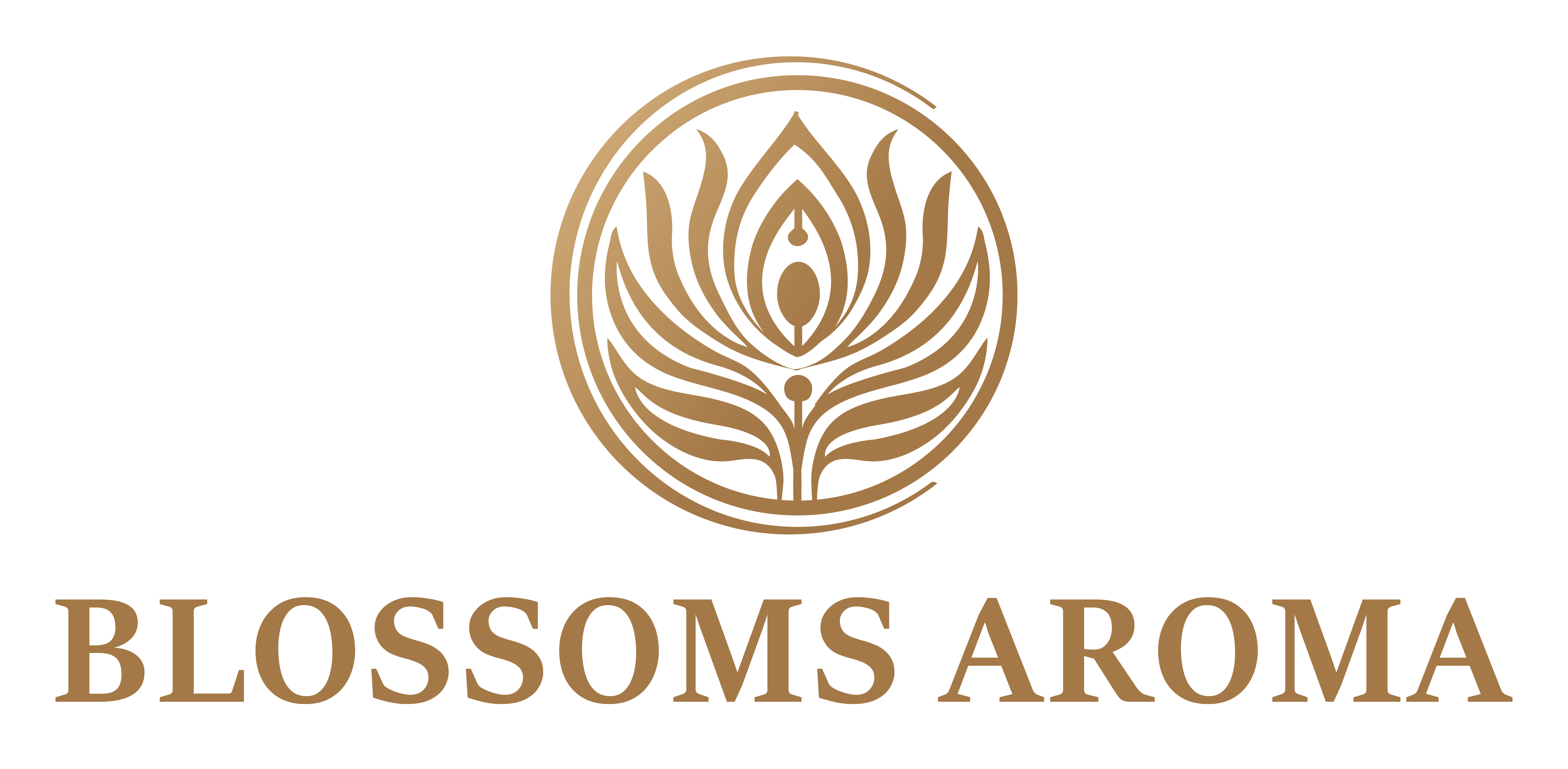Atlas CEDAR OIL
All About Atlas Cedar Oil
Atlas cedar oil is derived from the wood of the Cedrus atlantica tree, which is native to the Atlas Mountains of Morocco and Algeria. Known for its rich, woody aroma, atlas cedar oil has been cherished for centuries for its grounding and soothing properties.
Atlas Cedar Oil Specifications
GENERAL CHARACTERISTICS
| Product | ATLAS CEDAR OIL |
|---|---|
| Botanical Name | Cedrus atlantica |
| Family | Pinaceae |
| Part of the plant used | Wood |
| Fema number | 2333 |
| CAS NO. | 8023-85-6 |
| HSN CODE | 33012911 |
| EINECS Number | 295-985-9 |
| Appearance | Viscous liquid |
| Colour | Pale yellow to amber liquid |
| Odour | Characteristic rich, woody aroma |
IDENTIFICATION
| Test | Result |
|---|---|
| A. TLC | It complies with test |
| B. GC | It complies with test |
PHYSIO-CHEMICAL PROPERTIES
| Property | Specification |
|---|---|
| Relative density | 0.950 – 0.965 |
| Refractive index at 20°C | 1.495 – 1.510 |
| Optical rotation | (-40°) – (-25°) |
| Storage | In well-fitted container. Protected from heat. |
Atlas Cedar Oil History
In ancient times, atlas cedar oil was used for its calming and meditative properties. Often referred to as “Cedrus,” it has been used traditionally in perfumery, embalming, and as an ingredient in various medicinal preparations.
Atlas Cedar Oil Industrial Uses
Atlas cedar oil is extensively used in the fragrance and flavor industry. It is widely used as an essential oil in aromatherapy, cosmetics, personal care products, and alternative medicine. It provides a grounding effect on the mind and helps reduce anxiety and stress.
Properties (Based on COA Report)
| Property | Specification |
|---|---|
| Synonyms | Atlas Cedarwood, Cedrus atlantica oil |
| Botanical Name | Cedrus atlantica |
| Part Used | Wood |
| Color | Pale yellow to amber |
| Viscosity | Medium to thick |
| Perfumery Note | Rich, woody |
| Shelf Life | Two Years |
| Density | 0.950 – 0.965 |
| Refractive Density | 1.495 – 1.510 |
EXTRACTION
Atlas cedar oil is extracted by steam distillation from the wood of the Cedrus atlantica tree. The wood is typically aged to increase the yield and enhance the oil’s aromatic profile.
ECOLOGICAL INFORMATION
Atlas cedar trees thrive in the mountainous regions of Morocco and Algeria. They prefer well-drained soils and can grow in various environmental conditions.
15 Proved Uses and Benefits
Pharma Uses:
- Atlas cedar oil has antimicrobial and anti-inflammatory properties.
- It has been found to help relieve respiratory issues.
- It is beneficial in the treatment of skin conditions like eczema and acne.
- Atlas cedar oil can act as a natural insect repellent.
- It is used in dental and pharmaceutical products.
- It has antifungal properties, making it useful in skincare.
- Traditionally, atlas cedar oil has been used to ease joint and muscle pain.
- It is a good stress reliever and promotes mental clarity.
Cosmetics Uses:
- As a fragrance, it is added to perfumes and colognes.
- It is suitable for use in skincare products.
- It is used in bar soap, facial moisturizers, shampoos, hand creams, hair conditioners, skin treatments, and lip balms.
- In aromatherapy, it is used to reduce anxiety and improve focus.
- It is also used as a flavoring agent in food and beverages.
- Atlas cedar essential oil has antibacterial properties which aid in preservation.
- It helps in grounding and balancing emotions.
Abstract or How to Extract it?
The chemical components of atlas cedar essential oil obtained from the wood include cedrol, cedrene, and thujopsene.
CONCOCTION
It blends well with benzoin, clary sage, cypress, frankincense, jasmine, juniper, lavender, and rose oils.
SAFETY MEASURE
Eye Contact:
Check for and remove any contact lenses. In case of contact, immediately flush eyes with plenty of water for at least 15 minutes. Get medical attention.
Skin Contact:
In case of contact, immediately flush skin with plenty of water for at least 15 minutes while removing contaminated clothing and shoes. Cover the irritated skin with an emollient. Wash clothing before reuse. Thoroughly clean shoes before reuse. Get medical attention immediately.
Inhalation:
If inhaled, remove to fresh air. If not breathing, give artificial respiration. If breathing is difficult, give oxygen. Get medical attention.
Ingestion:
Do NOT induce vomiting unless directed to do so by medical personnel. Never give anything by mouth to an unconscious person. Loosen tight clothing such as a collar, tie, belt, or waistband. Get medical attention if symptoms appear.
STORAGE & HANDLING
Keep locked up. Keep away from heat. Ground all equipment containing material. Do not ingest. Do not breathe gas/fumes/vapor/spray. Wear suitable protective clothing. In case of insufficient ventilation, wear suitable respiratory equipment. If ingested, seek medical advice immediately and show the container or the label. Avoid contact with skin and eyes. Keep container in a cool, well-ventilated area. Keep container tightly closed and sealed until ready for use.
TOXICOLOGICAL INFORMATION
Atlas cedar oil is generally considered safe for topical and aromatic use when properly diluted. However, it is always recommended to conduct a patch test before widespread use to ensure there is no allergic reaction. Avoid excessive use, especially for those with sensitive skin.

